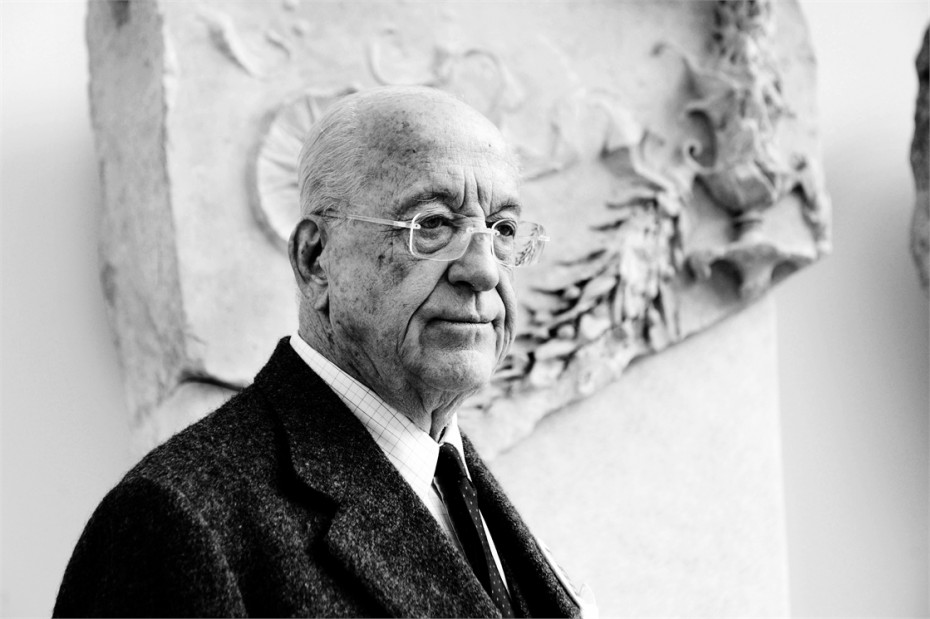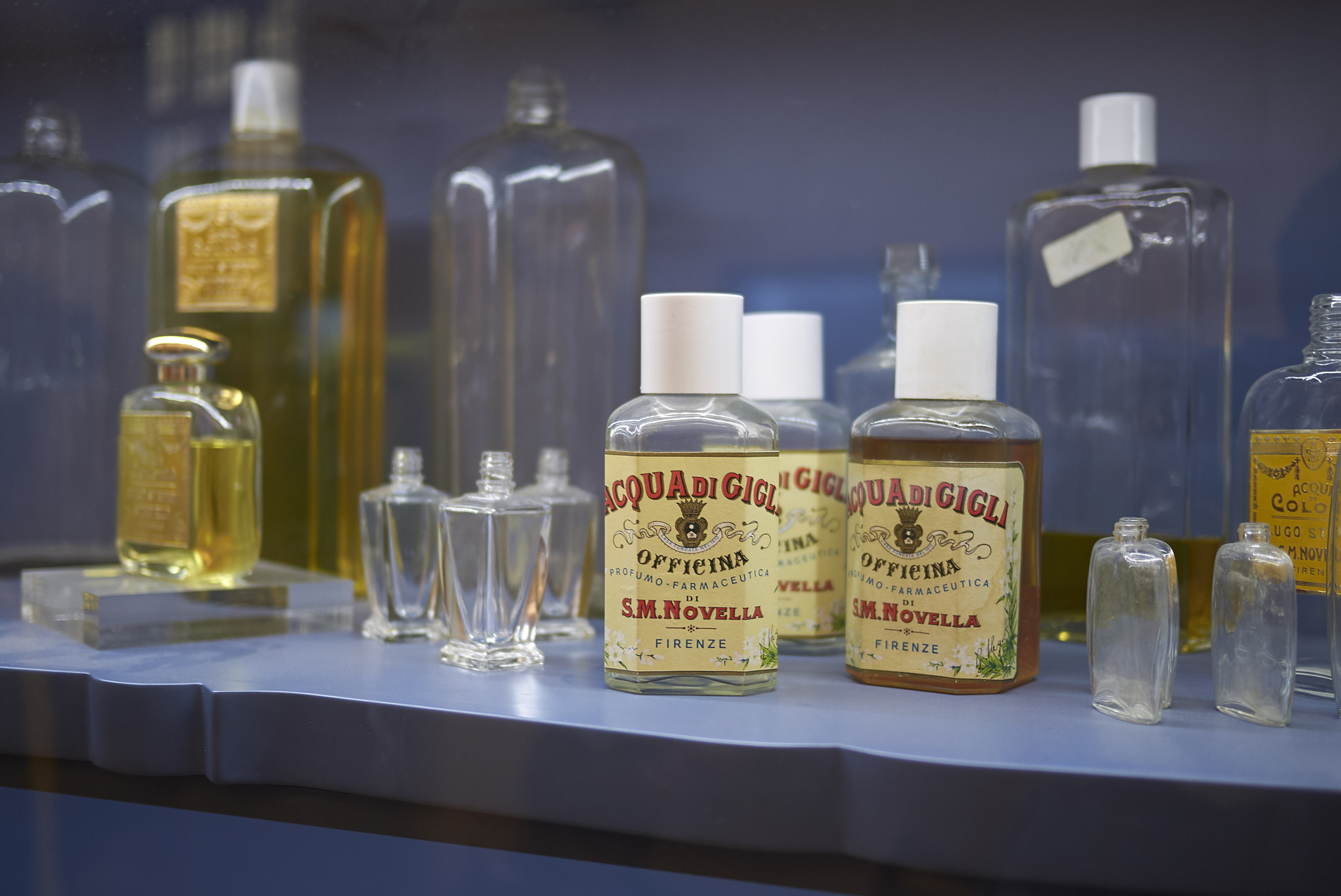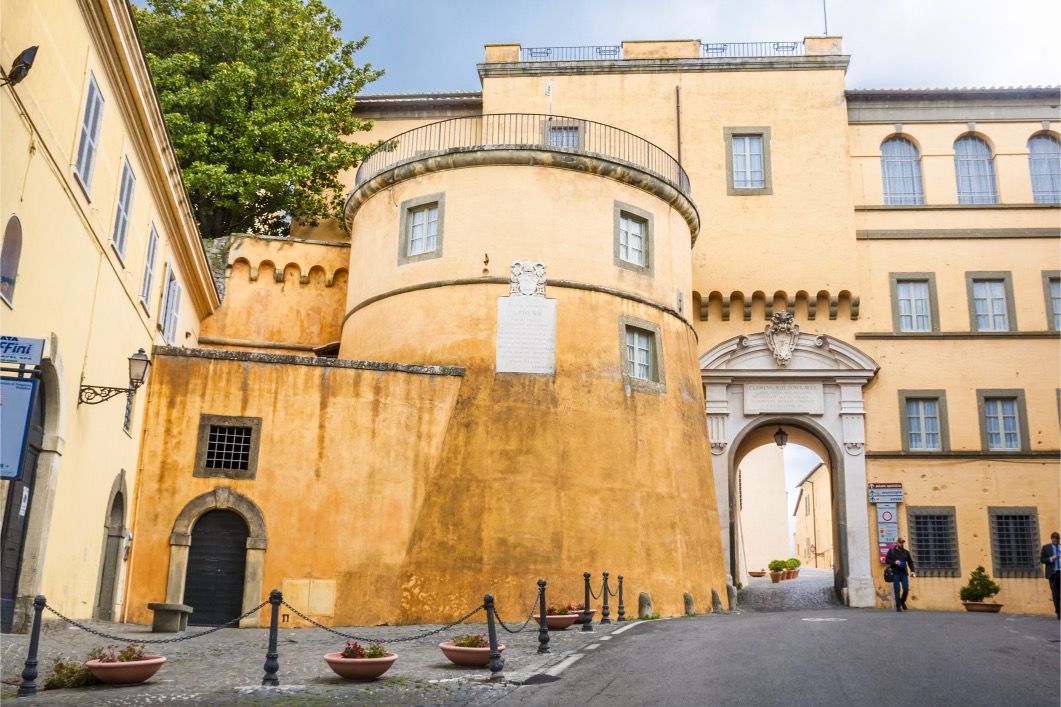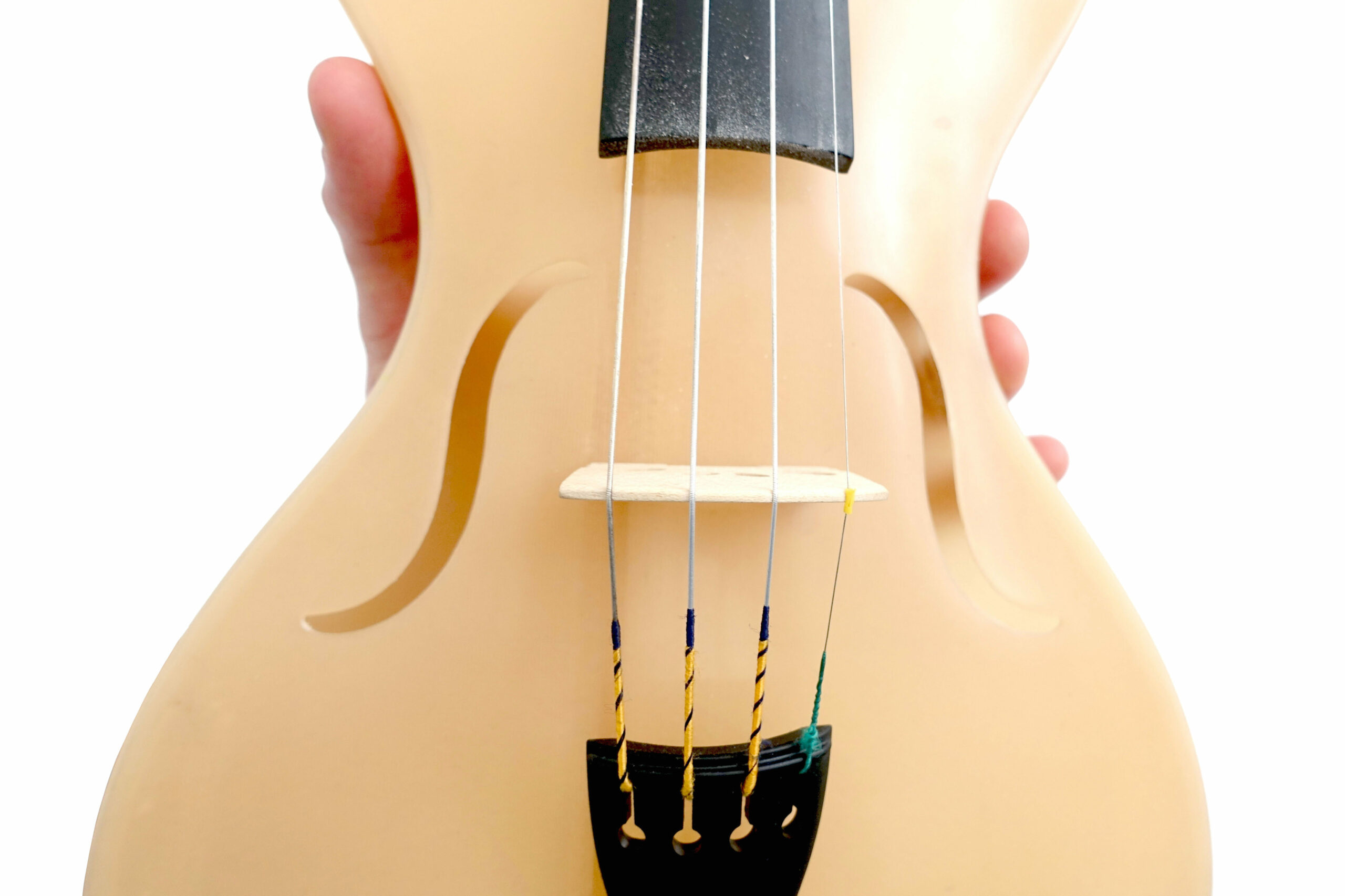Countless historical and artistic treasures, deeply rooted in the territory, are Italy’s most valuable assets. Both this unique heritage and the environment that surrounds it must be cherished and preserved, not only for their present value but also for the good of future generations.
Promoting the Italian culture in terms of respect for nature, art, and traditions has been FAI’s mission since 1975, carried out through many different initiatives. Among them are the well-known Spring Days (March 21-22), when over 750 cultural sites throughout Italy will be open to the public for free.
The Fondo Ambientale Italiano (Italian National Trust) is a non-profit organization, inspired by the British counterpart and chaired by Italian archeologist Andrea Carandini, who took office in 2013. As F.A.I. president, Carandini has committed to collaborating with the Government to enhance the Italian culture, research, landscape and heritage as an essential way out of the crisis. Photo credit: @Contrasto [/caption]
Born in 1937 to the noble Carandini family from Modena (Emilia Romagna), which obtained the title of Count in the 15th century and Marquis of Sarzano in the 16th, Andrea is the son of Ambassador and Minister of the Italian Republic Nicolò Carandini. He is also third cousin of British actor Sir Christopher Lee (The Lord of the Rings film trilogy 2001-2003).
After graduating from the University of Rome in 1962, with a final dissertation on the decorative mosaics in the Roman Villa of Piazza Armerina, Andrea Carandini became professor of Archaeology as well as of Greek and Roman Art History at the universities of Rome, Siena, and Pisa. His research mainly focused on the topography of ancient Rome and the Etruria region, located in an area that covered part of present Tuscany, Latium, and Umbria.
Under his supervision, the Republican Roman Villa Settefinestre (1st century BC) was excavated in Tuscany in the years 1976-1981, and soon opened to the public. This operation became very popular at the time, due to the modern use of the stratigraphic technique, as well as to the information provided on the agricultural production and slavery systems in the Roman era.
Among Carandini’s most controversial discoveries of the last century is the Palatine Wall, built on the north slope of the Palatine Hill in Rome and dated 8th century BC, which is considered very important to shed light on the history of the foundation of the City itself. He also worked on the analysis of monumental complexes in Pompeii, Volterra, and near the Auditorium in Rome.
From 2009 to 2012, Andrea Carandini served as the president of the Consiglio Superiore dei Beni Culturali, advisory body of the Italian Ministry of Cultural Heritage and Activities. He authored numerous publications, was involved in a project for the digital collection and management of archaeological data, and was awarded the Order of Merit of the Italian Republic in 2006.
As F.A.I.’s president, he has committed to collaborating with the Government and other stakeholders to enhance the Italian culture, research, landscape and heritage as an essential way out of the crisis. In a past interview he clearly stated “Italy will grow again only if we learn to combine productivity and culture, to conciliate between the past and the present in order to build the future.”





























